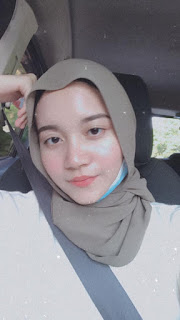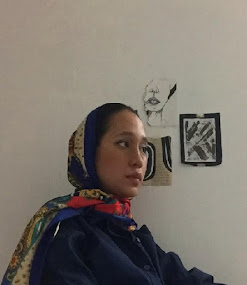Yasmin Ahmad's film on Netflix
Kuala Lumpur, Dec 17 - Netflix is adding three of Yasmin Ahmad’s films to its vault on Dec 18, which means these critically-acclaimed Malaysian movies will be available to a global audience.
The films are Rabun (2003), Mukhsin (2007) and Talentime (2009).
Rabun was the late director’s first movie. It centres on an old couple (M. Rajoli and Kartina Aziz) who returns to the kampung setting after spending the best years of their lives in the city.
But their eccentric personalities, and the fact they are openly affectionate towards each other, don’t quite gel with their neighbours in the kampung.
Rabun’s story is said to be a tribute to Yasmin’s parents, whom she described to The Star in 2003 as “wacky and energetic”.
Her 2007 effort, Mukhsin, comes after the films Sepet (2004) and Gubra (2006). All three films revolve around the character Orked, at different stages of her life. This one tells of a blossoming romance between schoolgirl Orked (Sharifah Aryana) and Mukhsin (Mohd Syafie Naswip).
The film made its world premiere at the Tokyo International Film Festival in 2006. In November 2020, a digitally restored version of the film was showcased once again at the same festival.
Yasmin, who died of a brain hemorrhage in July 2009 at the age of 51, released Talentime in March that year.
Her last film explores stories about family dynamics as well as friendships that are formed from good and bad times, all intertwined to a talent competition at a school.
Earlier this month, Talentime starring Mahesh Jugal Kishor, Mohd Syafie Naswip and Hon Kahoe was screened at True Colors Film Festival.
Yasmin’s films keep resurfacing, withstanding the test of time, simply because her films feature relatable characters and human dramas. In short, her films carry an honest and realistic portrayals of Malaysian life, all told with an entertaining approach.
In a 2008 interview, Yasmin told The Star that one of the unique qualities of her movies is that it features characters of all races.
''For me, it is strange to see only Malays in a movie because in our daily lives we interact with other races, that's who we are every day."
She added in the same interview: ''I don't like films that preach. I just tell what I feel on screen. I leave it to viewers to make their own interpretations. As a filmmaker, I am just asking questions, I don't use my films to make judgments.''
ads





0 comments